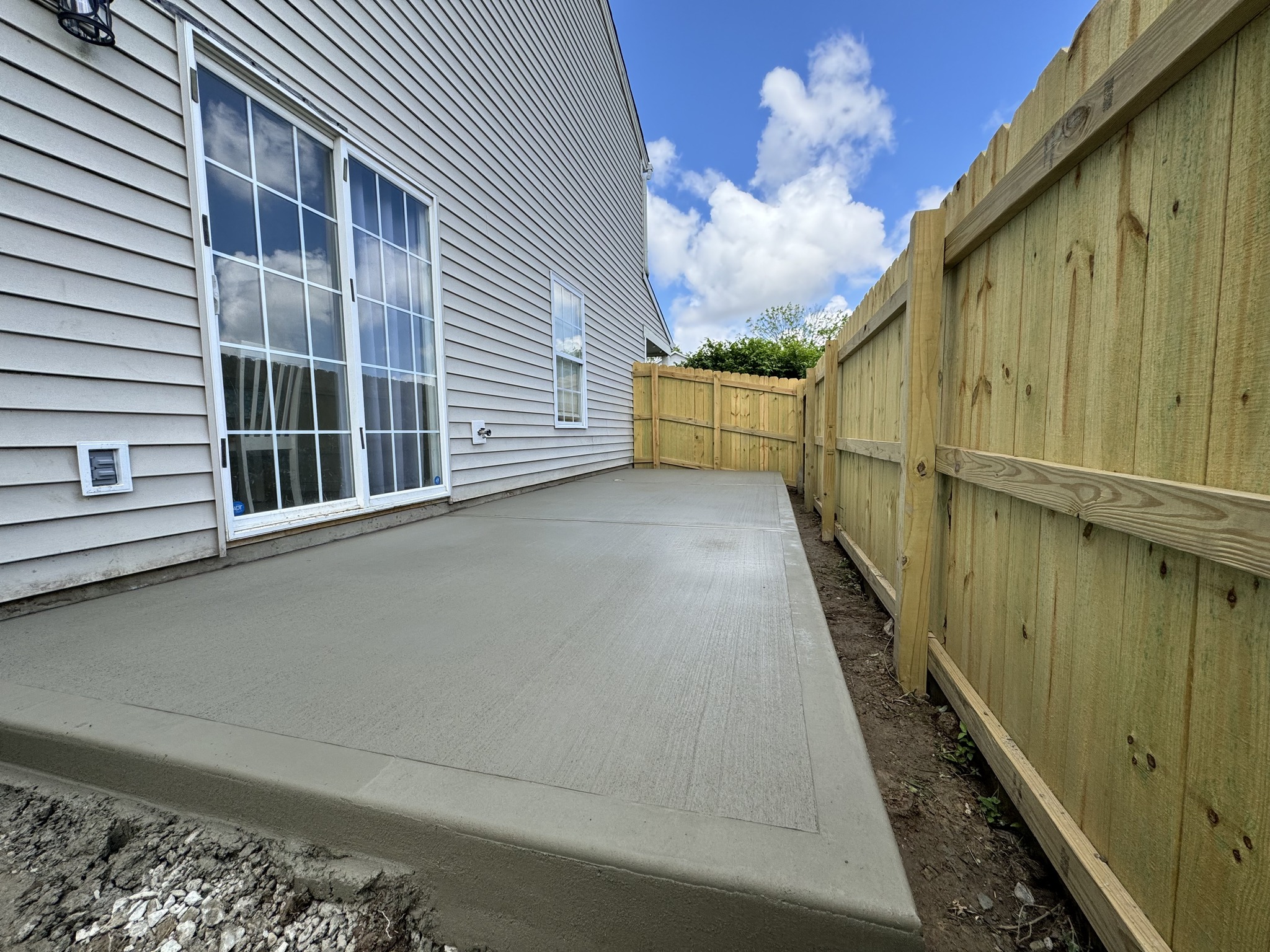
Crafting Durable That Last: The Importance of Quality Concrete in Construction May 09, 2025
Concrete is a composite material, composed of cement, water, and aggregates such as sand, gravel, or crushed stone. Its versatility and strength make it a preferred choice in various construction applications, from residential to commercial projects. However, not all concrete is created equal. The quality of concrete can vastly affect the durability and longevity of a structure, influencing not only the aesthetics but also the safety and stability of the entire building.
One key factor that underscores the importance of quality concrete is its impact on structural integrity. High-quality concrete, sourced and mixed appropriately, provides the robust support systems essential for any edifice. Poor-quality concrete can lead to cracks, water ingress, and potential structural failures, incurring costly repairs and even posing safety risks. Using premium concrete eliminates these potential pitfalls, ensuring that the structural framework remains solid and reliable for years to come.
In addition to strength, quality concrete also offers enhanced durability against environmental factors. Structures are continually subjected to various stressors, including weather conditions, temperature fluctuations, and chemical exposures. Standard-grade concrete might succumb to these elements, whereas superior concrete is designed to withstand such challenges. Higher-grade concrete possesses improved resistance to harsh weather conditions, reducing wear and tear, and ensuring that buildings maintain their integrity over time.
Another significant aspect is the sustainable nature of quality concrete. As sustainability becomes an imperative in construction practices, opting for environmentally-friendly materials has gained traction. Quality concrete often involves the use of recycled materials and less energy-intensive production processes, aligning with green building standards. Employing high-quality concrete not only contributes to the longevity of a structure but also supports eco-friendly initiatives, helping builders and clients achieve a reduced environmental footprint.
Choosing premium concrete also translates into long-term cost efficiency. While the upfront costs may be higher, the extended lifespan and reduced maintenance needs often outweigh initial expenditures. Furthermore, investing in quality concrete minimizes the frequency of repairs and replacements, thus lowering overall lifetime costs and preserving resources.
At H&R Concrete, our commitment to offering top-tier concrete solutions ensures that each project benefits from our extensive expertise and dedication to quality. We prioritize rigorous quality control measures, consistently delivering concrete that meets the highest industry standards. This dedication not only guarantees client satisfaction but also supports the creation of safe, sturdy, and sustainable buildings.
In conclusion, the role of quality concrete in construction transcends mere functionality. It forms the backbone of every enduring structure, influencing longevity, safety, and sustainability. For those looking to set the foundation for successful building projects, investing in superior concrete is a decision that pays dividends in reliability and peace of mind. Choose quality with H&R Concrete and experience construction that stands the test of time.
/filters:no_upscale()/media/203210ff-094f-42a2-9093-cbf56f3c2f93.webp)
/filters:no_upscale()/filters:format(webp)/media/c072d2dd-6e4a-4753-97df-7a6e43b11ff1.jpg)